Delegations from Hamas, Israel and the United States are set to begin talks in Egypt on Monday to end months of devastating conflict in Gaza, with US President Donald Trump warning that Hamas faces “complete obliteration” if it refuses to cede power and accept his ceasefire proposal.
The negotiations expected to start in Cairo under Egyptian mediation, in a move what Washington officials describe as the “most serious step” toward a lasting ceasefire since hostilities resumed earlier this year.
Trump’s 20-point plan that centred on a ceasefire, a phased Israeli withdrawal and a transfer of power in Gaza to a transitional authority has been endorsed by Israel and cautiously welcomed by Hamas, which said it accepted “some elements” of the proposal.
Trump’s warning and the US plan
Speaking to CNN’s Jake Tapper, Trump said Hamas would face “complete obliteration” if it insisted on holding power in Gaza. The US president, who has maintained a hands-on role in shaping the negotiations, insists that the deal could take effect “immediately” if Hamas agrees to the framework.
He said Israel had consented to an initial withdrawal line, referred to as the “yellow line” and that bombing would stop the moment the agreement is approved.
“I’m convinced the plan is possible,” Israel’s opposition leader said on Sunday, adding that both sides recognise the enormous humanitarian and political stakes.
Under the US proposal, Hamas would release all remaining hostages, 48 in total, including roughly 20 believed to be alive within three days, disarm, and hand over administrative control of Gaza to a transitional committee supported by regional and international actors. In return, Israel would release a set number of Palestinian prisoners and gradually scale back its operations in Gaza.
US envoy Steve Witkoff is expected to represent Washington in Cairo, alongside Egyptian and Qatari mediators. An Egyptian official said Monday’s discussions would “focus on the exchange of hostages and prisoners, followed by mechanisms to implement the political framework.”
Quick Reads
View AllGrowing diplomatic momentum
US Secretary of State Marco Rubio described the situation as “the closest we’ve come to getting all of the hostages released.” Speaking on ABC’s This Week, Rubio said the plan would unfold in two stages: “First, hostages are released, and Israel pulls back to the yellow line. Then, discussions over Gaza’s governance and reconstruction begin.”
Rubio cautioned, however, that the process remained fragile. “There are a lot of opportunities here for whoever wants to sabotage it to do so,” he said. “The real challenge is ensuring both sides move simultaneously and trust that the other will.”
Despite Trump’s order for Israel to halt bombing, residents reported continued strikes across Gaza on Sunday. At least 12 people were killed, including eight in Gaza City and four near an aid distribution site in Rafah, according to local hospitals. The Israeli military denied involvement in the Rafah incident and said its forces continued to “dismantle Hamas infrastructure” in the strip.
Israeli government spokeswoman Shosh Badrosian confirmed that Prime Minister Benjamin Netanyahu remains in “regular contact” with Trump and that the talks in Egypt are expected to last only a few days. “There will be no tolerance for manoeuvres by Hamas to delay,” she said.
Signs of cautious optimism
After months of stalemate, the latest round of diplomacy appears to have generated cautious optimism. Israeli Foreign Minister Gideon Sa’ar said on Sunday, “I hope that we are closest to a hostage deal since the ceasefire in January.” Netanyahu himself hinted at the possibility of a breakthrough, saying a hostage release could be announced this week.
In Jerusalem, relatives of the hostages gathered near Netanyahu’s residence to demand progress. “We cannot allow such a historic agreement to be sacrificed again,” said Michel Ilouz, whose son Guy is among the hostages.
The diplomatic push has also drawn international support. The foreign ministers of eight Muslim-majority nations issued a joint statement backing steps toward a ceasefire and urging the “immediate launch of negotiations” to implement Trump’s proposal. The statement also endorsed the return of the Palestinian Authority to Gaza to oversee governance alongside international partners.
Regional and domestic implications
Trump’s plan, which ties Gaza’s reconstruction to security guarantees and political reform, represents the most direct US attempt to shape post-war governance in the enclave. “That’s the part that’s going to be tougher,” Rubio said. “But that’s what will provide permanency to the end of the conflict.”
Still, scepticism remains. Many Palestinians fear that any interim arrangement could cement Israeli control, while some Israeli officials question whether Hamas would genuinely disarm. Trump, however, appears determined to press ahead, telling reporters the agreement would bring “peace to Gaza and soon on the rest.”
For Gazans, daily life remains perilous. “We’re on the brink,” said Mahmoud Hashem, a father sheltering in a tent in Gaza City. “We don’t know whether we’ll die from a strike or from starvation.”
As negotiators arrive in Cairo, the stakes could not be higher. The talks may offer the best chance yet to end one of the most destructive phases of the long-running conflict but failure could unleash another wave of bloodshed and further diminish hopes for peace.
Hamas calls for swift hostage-prisoner swap
Hamas on Sunday called for a swift start to a hostage-prisoner exchange with Israel, as negotiators from both sides prepared to meet in Egypt for crucial talks aimed at ending the nearly two-year war in Gaza.
Foreign ministers from several countries, including Egypt, said the talks were a “real opportunity” to achieve a sustainable ceasefire.
“Hamas is very keen to reach an agreement to end the war and immediately begin the prisoner exchange process in accordance with the field conditions,” a senior Hamas official told AFP on condition of anonymity.
Fighting in Gaza will resume if talks fail: Israel
Israel’s military chief warned on Sunday that if negotiations to secure the release of hostages fail to achieve their aims, the military will return to fighting in Gaza.
“There is no ceasefire (at the moment), but the operational situation has changed, with the political level converting the tools and achievements you have gained through military action into political gains,” Lieutenant General Eyal Zamir told a group of soldiers deployed in Gaza.
“If the political effort fails, we will return to fighting,” he added, according to a statement issued by the military.


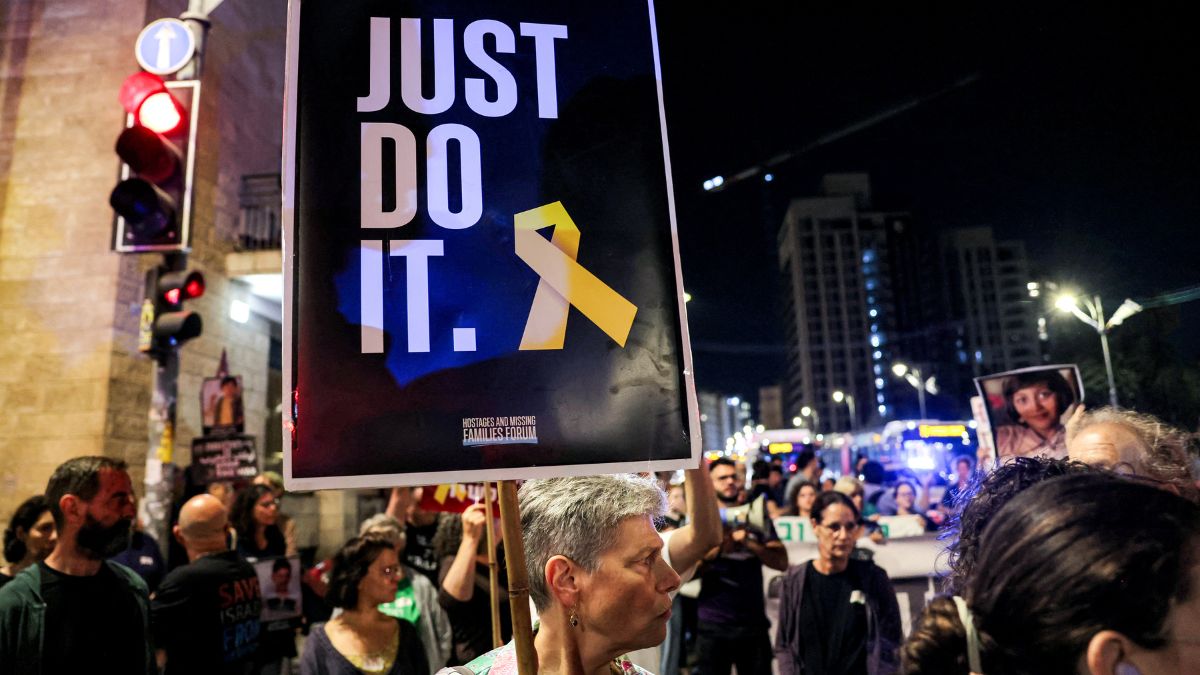)
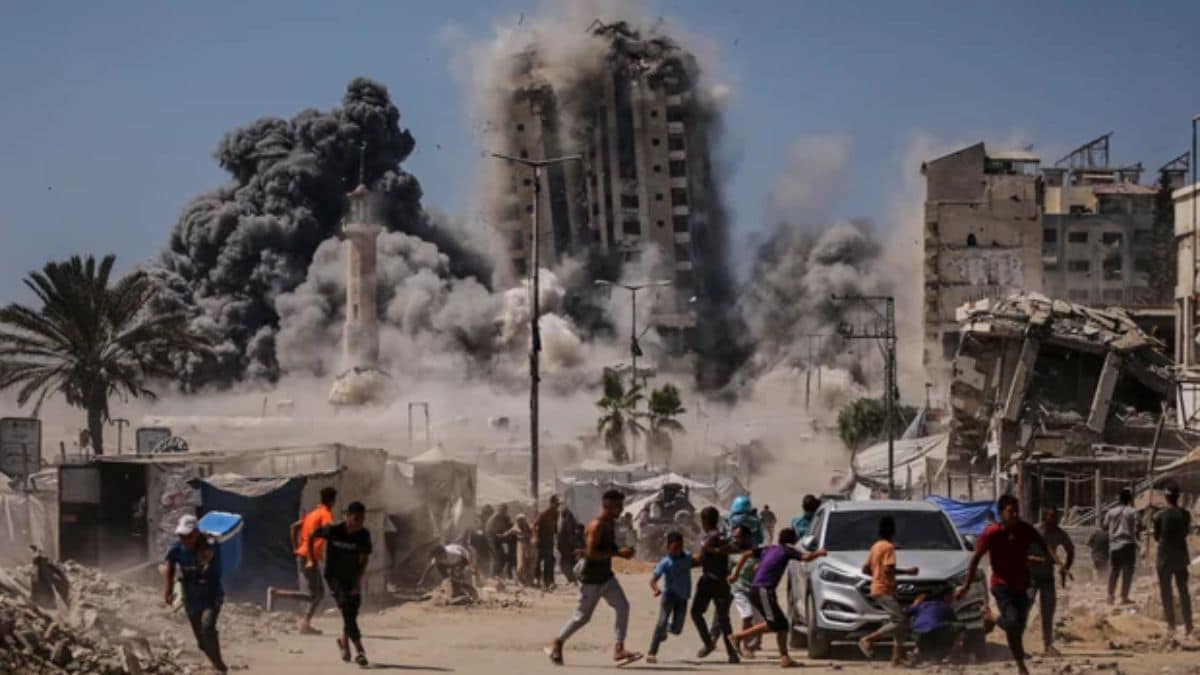
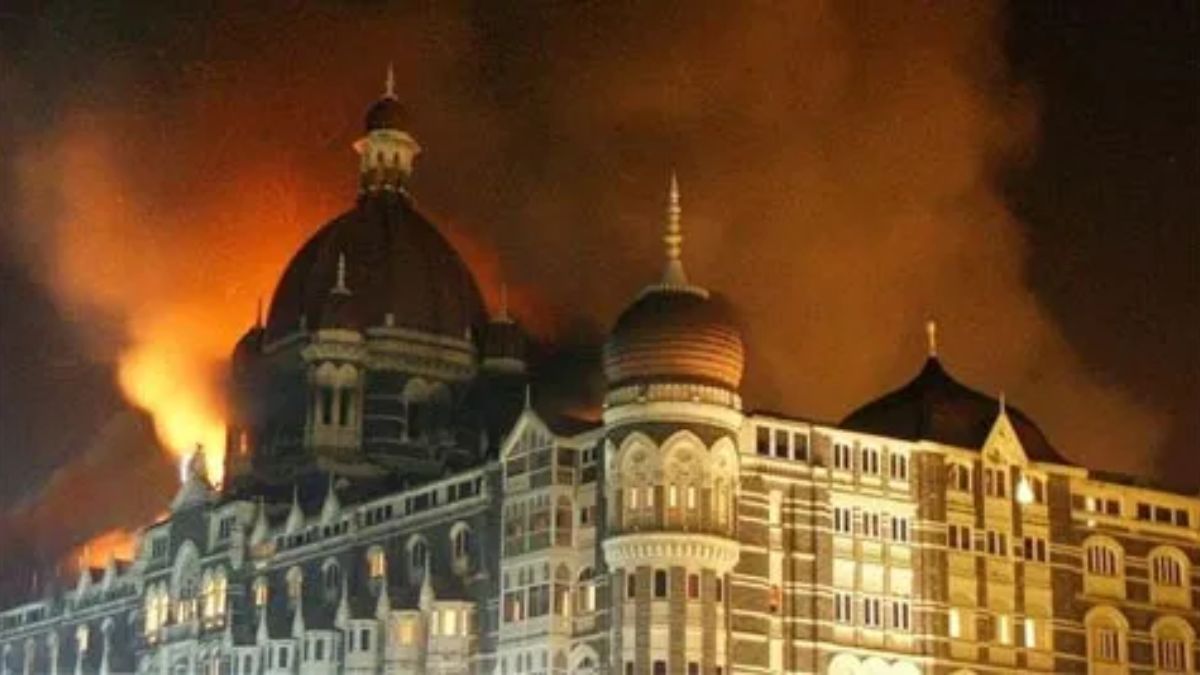)
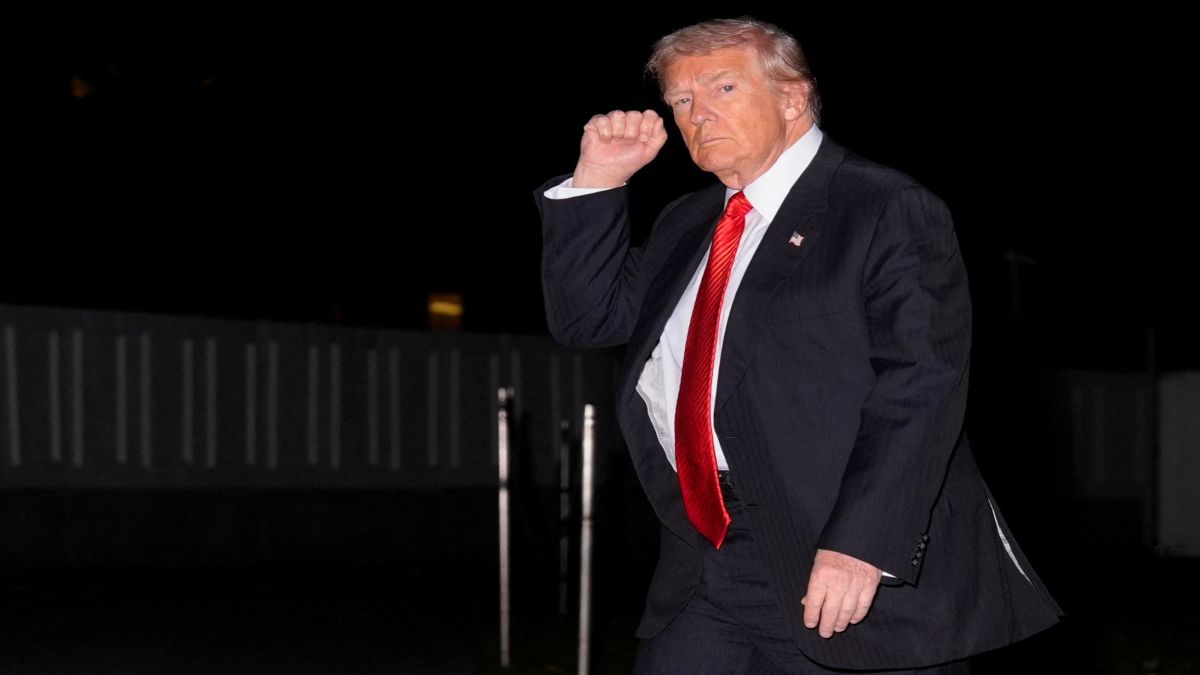)
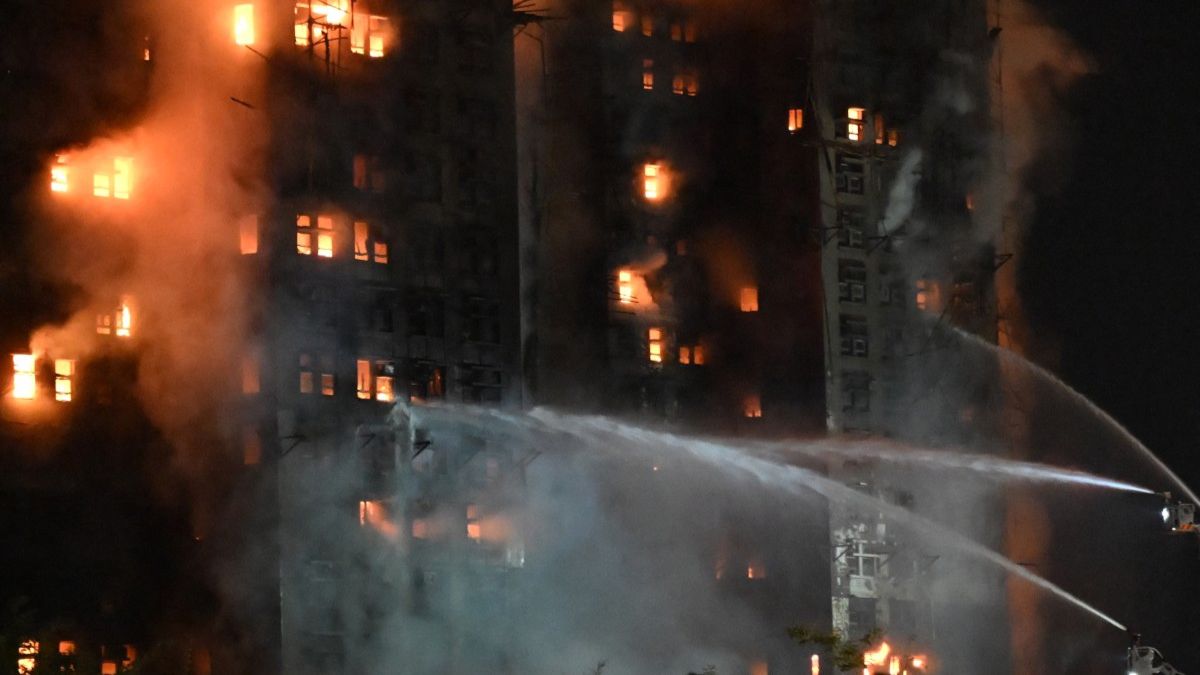)
)
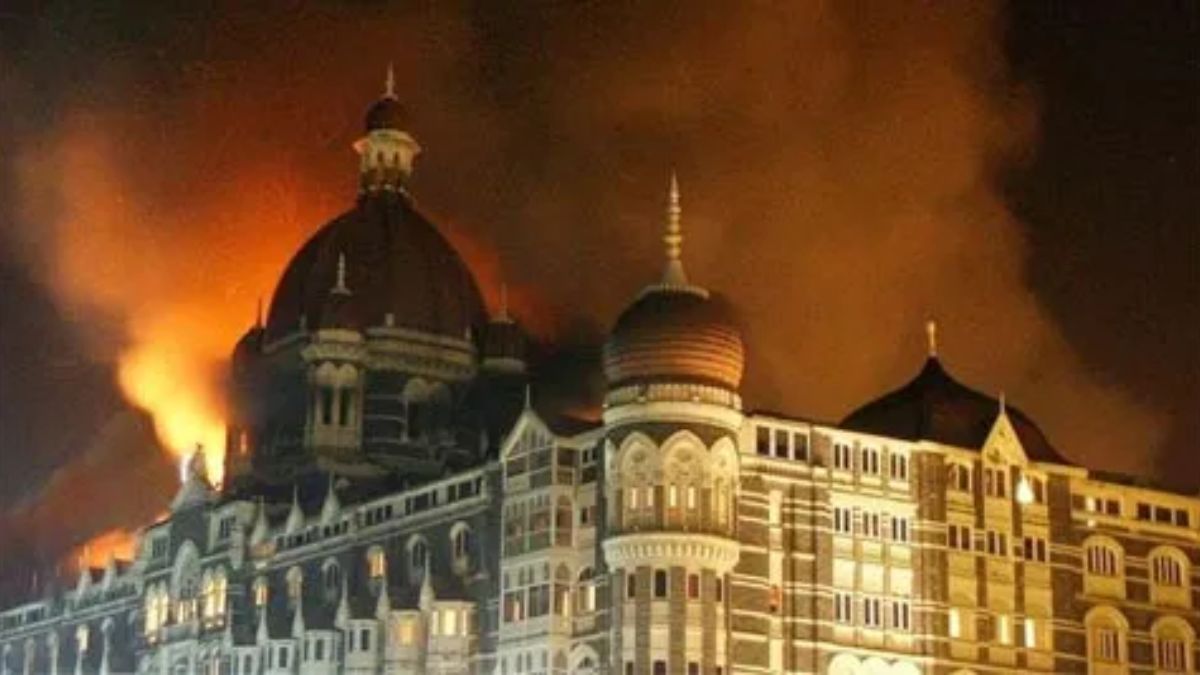)
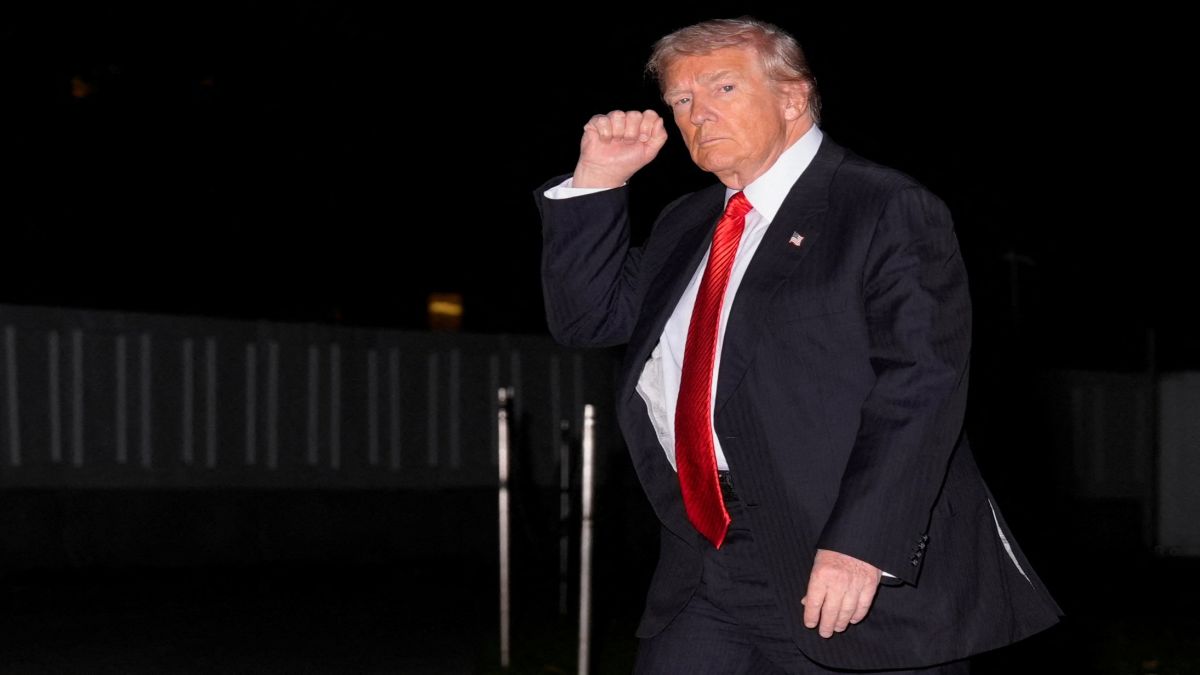)
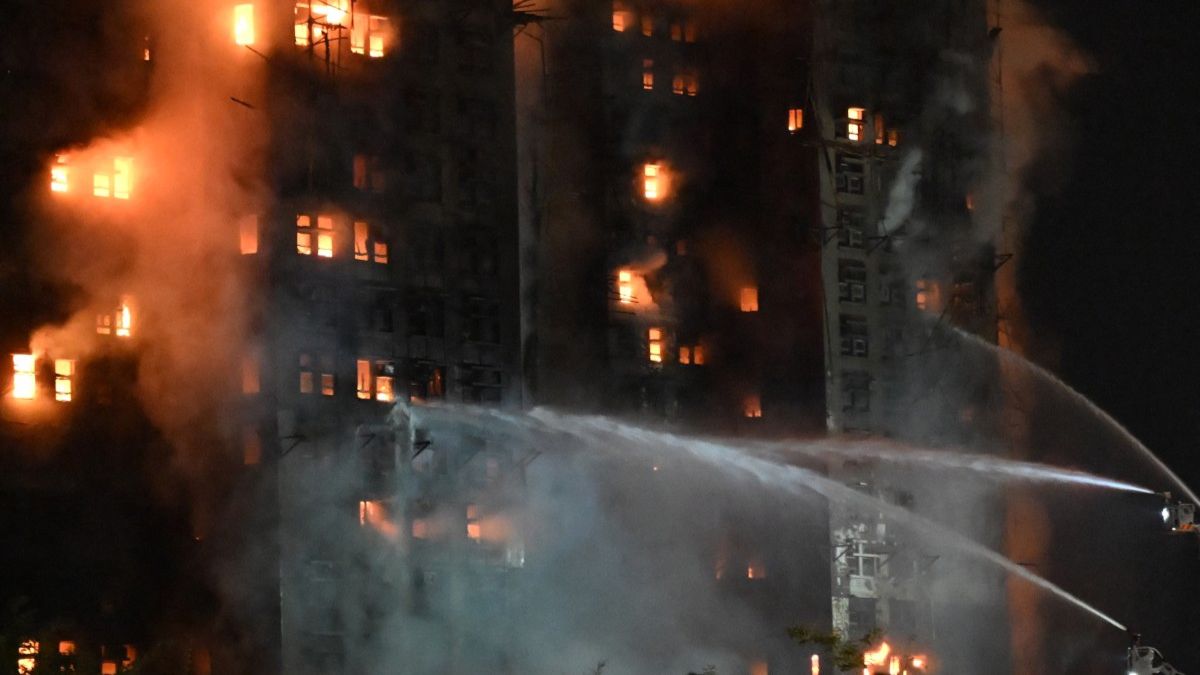)
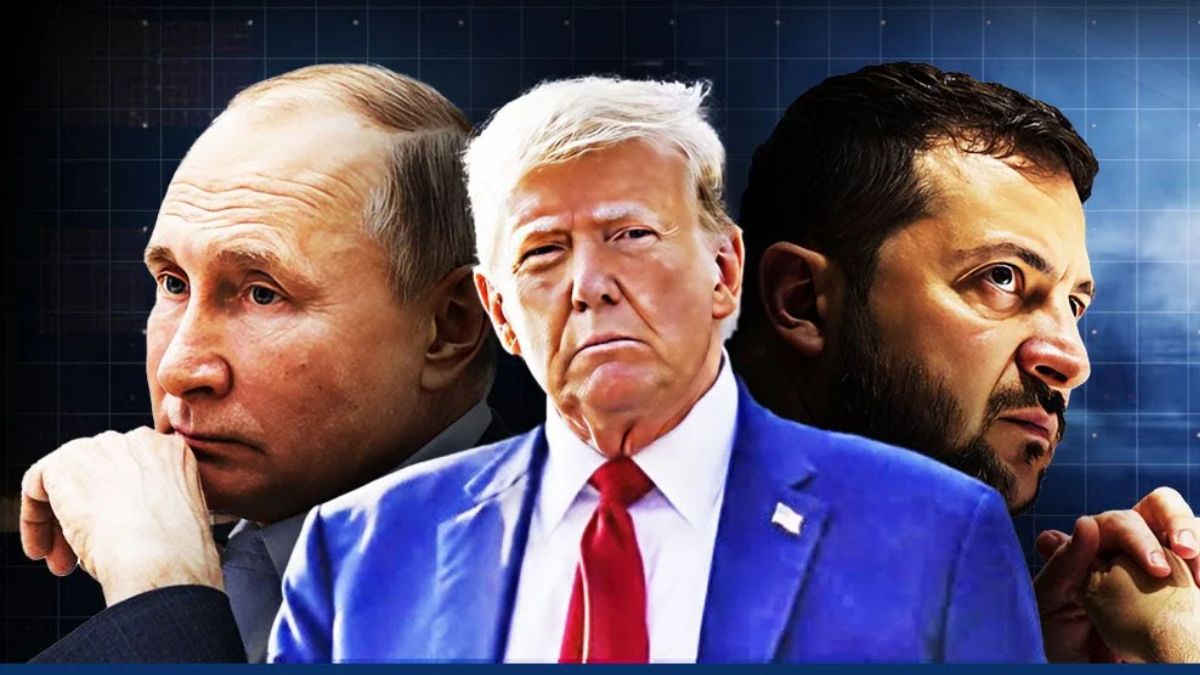)



